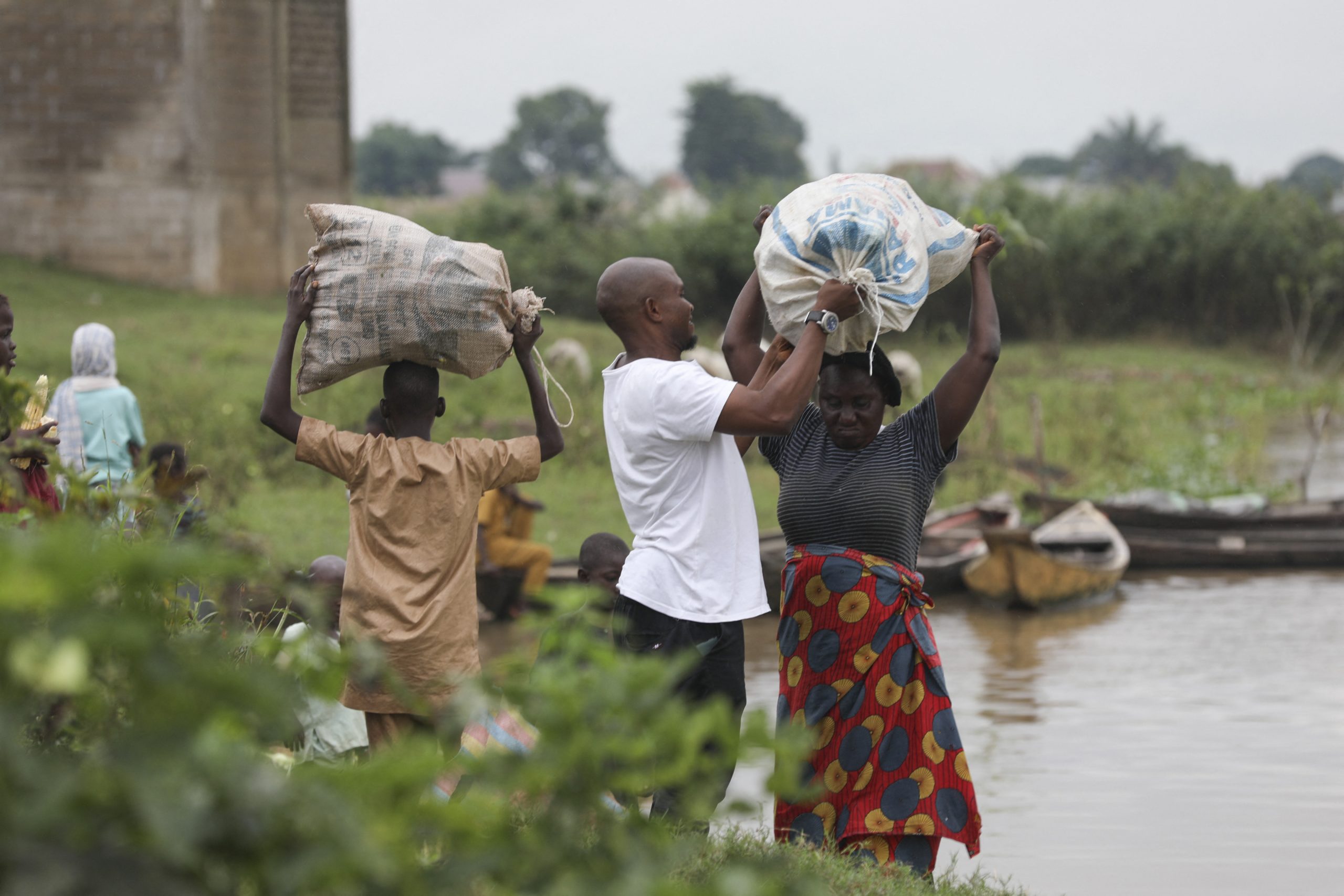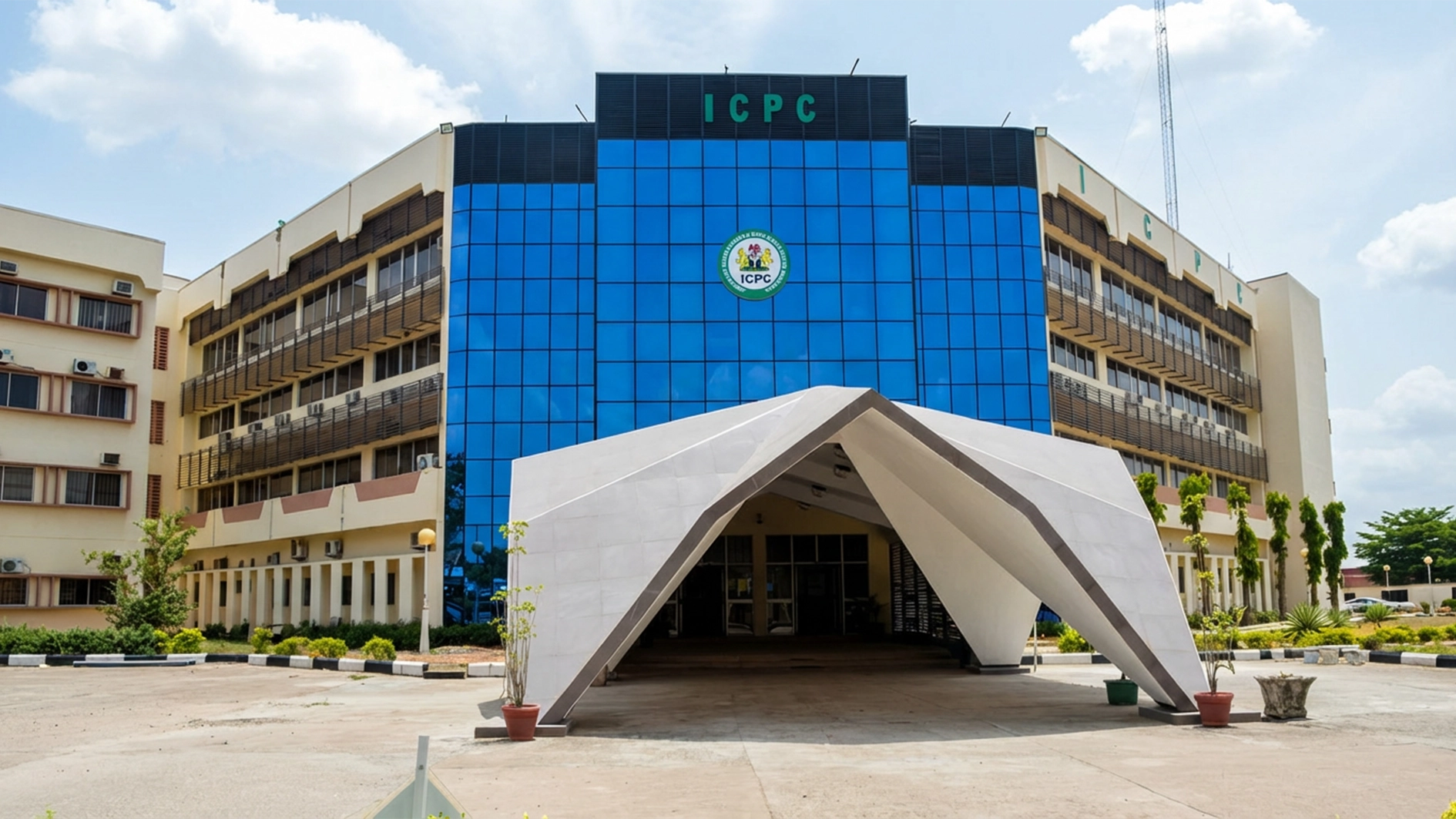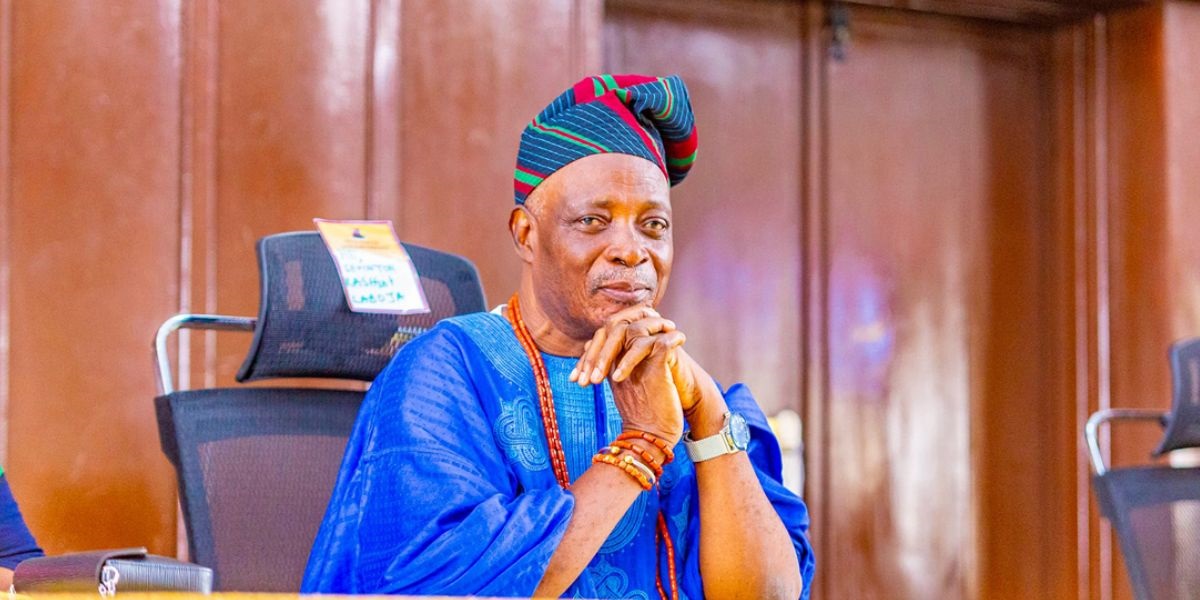
• Plan To Distribute 5000mt Of Wheat In The Region
• Southwest Stakeholders Task Governors On Rice Production Strategies
Amid the banditry and displacements in the North West region, the Economic Community of West African States (ECOWAS) Commission and the World Food Programme (WFP) have provided $1.6 million funding support to tackle malnutrition and poverty in Kastina and Sokoto states.
This came as the WFP is set to receive 5000 metric tonnes of wheat donations from the Ukrainian Government on Sunday, which it plans to distribute in the North West region to fight increasing hunger.
Meanwhile, the Ministries of Agriculture and Food Systems, across the six Southwest states, have recommended that governors across the zone should urgently embark on, and also support strategic initiatives that would enhance food productivity, with a particular focus on rice paddy cultivation.
The Deputy Head of Programme at WFP, Manuela Reinfield, disclosed this at the launch of the second phase of the ECOWAS, WFP, Federal Ministry of Humanitarian Affair Stabilisation Project for 2024/2025 on Friday at the Kastina State Government House.
She noted that the project took off at the right time, given the deteriorating food security situation coupled with the insecurity situation in the region.
She stated that under the programme, they intend to provide monthly cash transfer support of N11, 500 to about 14,500 beneficiaries in Kastina and Sokoto states for a six-month period.
The WFP official said they would also provide nutritious food containing corn-soya blend to pregnant and lactating women and their children under two years to prevent malnutrition.
She disclosed that Kastina and Zamfara states would also get unconditional food assistance with the wheat grain expected to arrive into the country from Ukraine on Sunday.
The Permanent Representative of Nigeria in the ECOWAS, Amb. Sani Nuhu, said ECOWAS had established a Stabilisation Fund to assist victims of terrorism and banditry in the Northwest.
He said: “ECOWAS Commission came up with the idea of setting aside $1 million to be given to Nigeria every year to come up with a programme on providing social alleviation initiatives to victims of insecurity in the Northeast and the Northwest.”
He said ECOWAS selected WFP as the implementing partner to ensure that the intervention gets to the intended beneficiaries.
In his remarks, Kastina State Governor, Dikko Umar Radda, commended ECOWAS, WFP and the Ministry of Humanitarian Affairs for the support, saying the project would empower and transfer best practices to the state’s institutions during implementation, noting that there would be room for continuity and technical collaboration even after the expiration of the project.
He gave the assurance that the state would be ready to provide a conducive environment for continuous partnership with the donor partners.
Permanent Secretary, Ministry of Humanitarian Affairs and Poverty Alleviation, Olumuyiwa Enitan, stated that beneficiaries of the programme were carefully selected in line with global practices, as they are the most vulnerable in the state.
He disclosed that 14,694 vulnerable population were selected from Kastina and Sokoto states, saying 7,347 beneficiaries were selected across two local councils of Kastina State.
He said the initiative has the ultimate goal of ensuring a future where peace, stability and
prosperity would not just be aspirations or mere wish thinking, but realities for all.
The Ministries of Agriculture in the Southwest states made the call for increased rice production in the region in collaboration with the Lagos State Commodity and Future Exchange (LCFE), Nigeria Incentive-Based Risk Sharing System for Agricultural Lending (NIRSAL) Plc, Southwest Agro-Commodity Company (SWAgCO), National Agricultural Development Fund (NADF) and Development Agenda for Western Nigeria (DAWN) Commission.
In a report put together after a meeting convened in Lagos recently against the backdrop of Nigeria’s growing population and increasing demand for rice, coupled with production challenges in the northern states due to insecurity, the stakeholders observed that the Imota Rice Mill in Lagos State offers a ready market for rice paddy.
They agreed that there is an urgent need to upscale production in the Southwest to meet this demand and enhance food security in the region.
In the report, made available to The Guardian, the stakeholders further drew the attention of the governors to the fact that the current situation where 16 million tonnes of rice is being consumed yearly in the country needed to be matched up with adequate supply.
Titled ‘Rice as a Catalyst: Advancing Economic Integration in Southwest Nigeria’, the report, which was presented to the governors for urgent action, underscored the need for collective efforts and commitments to strengthen Southwest’s regional economy through increased agricultural production. The report indicated that the Imota Rice Mill in Lagos State, with its impressive processing capacity, stands as a pivotal asset in the endeavour.
The report also said that the success of the initiatives would depend heavily on a unified approach and the active participation of each state in contributing to the rice supply chain.
The Guardian learnt that the report is intended as a policy digest for the governor of each state in the Southwest region.
Key highlights of the report include Lagos State’s commitment to provide off-taker agreements and purchase of rice paddy at competitive rates, while other states pledged to allocate more land for rice cultivation and provide necessary support to farmers.
Part of the hindrances observed by the stakeholders to food production in the region include inadequate modern mechanisation, poor or inadequate security provision and logistics. They therefore emphasised the need for strategic planning across the board if the initiative must succeed.
The report also underscored the potential for economic growth, food security and regional integration through the collaboration, which it said could not be overstated if the plan is appropriately implemented.
The stakeholders said the governors would find the recommendations provided in the report valuable if they act decisively to support and expand rice production within their states.
The report stated in part: “By working together, we have the unique opportunity to transform the Southwest into a major hub for rice production in West Africa, ensuring food and nutrition security and economic prosperity for all our people.”
The primary objective of the initiative is to explore ways to supply the Imota Rice Mill in Lagos State, which has a significant processing capacity of 32 tonnes per hour and a storage capacity of 300,000 tonnes with each state making necessary commitments towards the scheme.
Some other aspects of the meeting include the agreement on the need for individual state’s commitments to strategic planning for agricultural development and celebration of farmers while DAWN Commission will coordinate follow-ups, monitoring, evaluation and sustainability measures to ensure commitments are met across all states.
“This collaboration presents a significant opportunity for economic growth, food security, and regional integration in the Southwest,” the report added.
Other areas the stakeholders harped on for action include production gap, which clearly showed that production of paddy rice is seriously lagging behind the 16 million metric tonnes demand, insecurity in the Northern region, which led to a decline in paddy production and necessitating increased production in the Southwest, lack of adequate farm machinery, including tractors, bulldozers, planters and harvesters.
The report stated that while Lagos is committed to provide off-taker agreements and purchasing paddy at competitive rates, Ogun State is to provide 2000 hectares of land for the project. Oyo will be committed to engage rice farmers and provide feedback on meeting discussions while Osun will be committed to increasing rice production and reorienting farmers towards rice cultivation.
Ondo, on its part, will intensify ongoing efforts in rural road construction, input distribution and production along water bodies while Ekiti is to receive business proposals from Lagos on supply of rice to the mill and also expand land clearing for cluster farming and establishment of agro-rangers for improved security.






